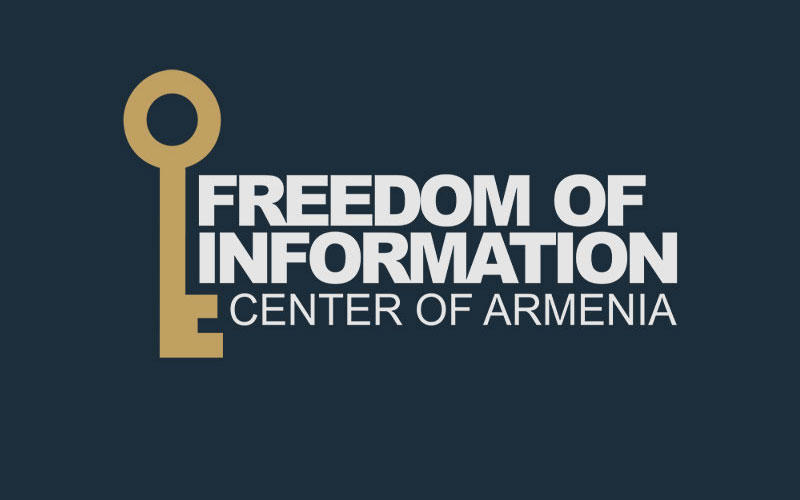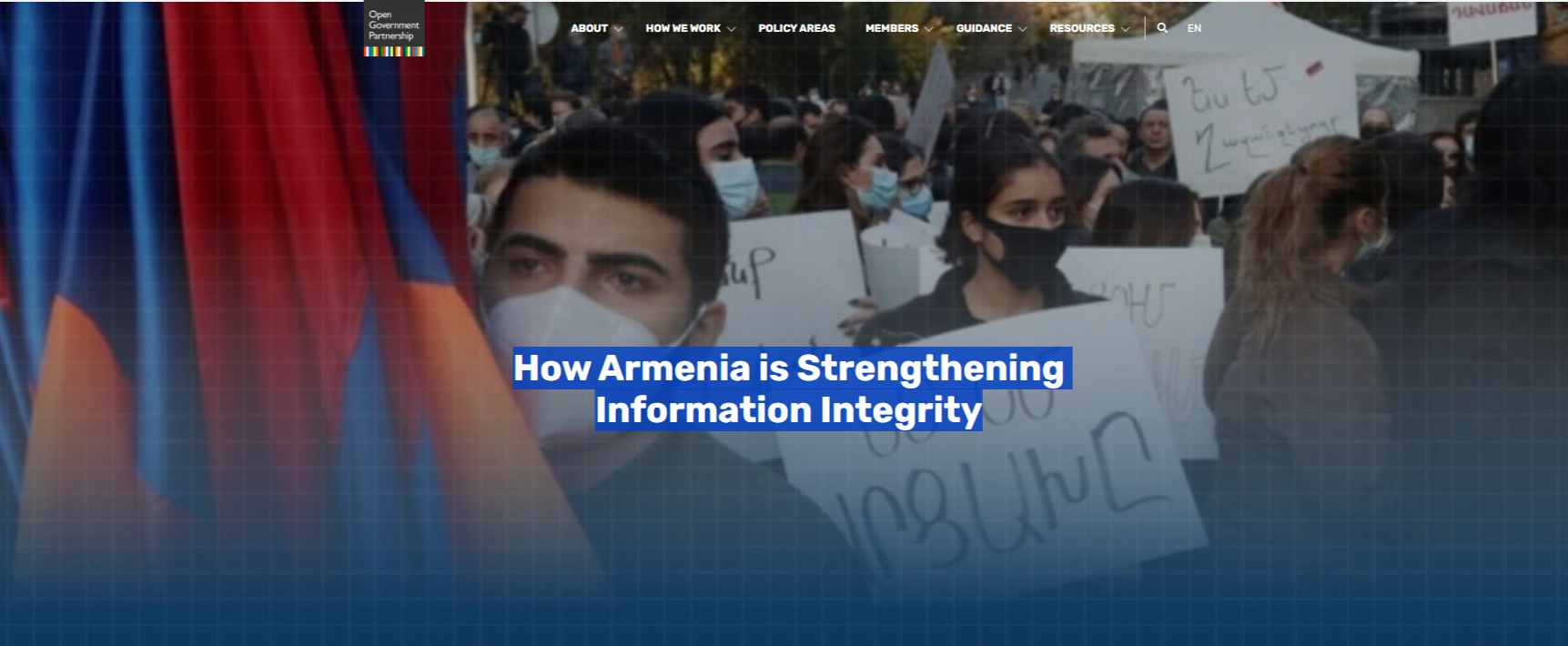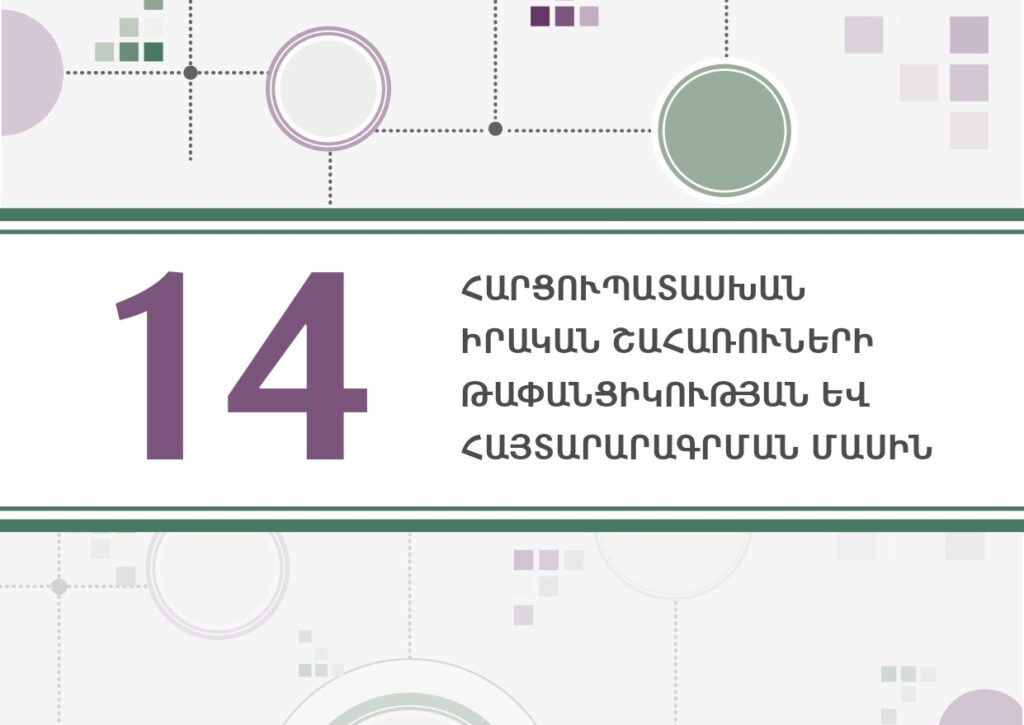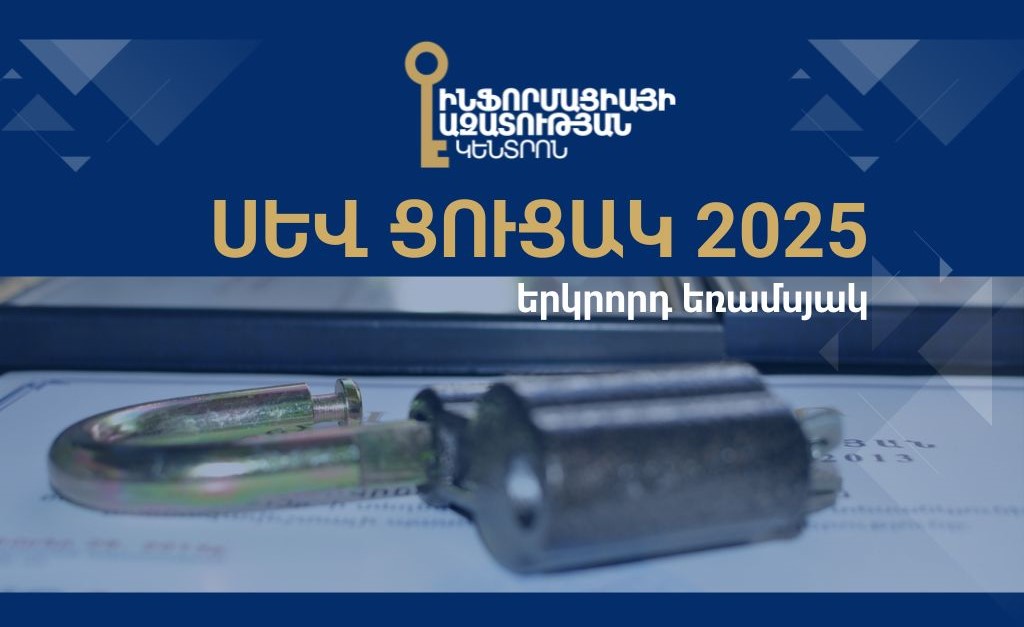Hasmik Mkrtchyan Information bulletin 16 Thanks to the support of United Nations Development Program, during 2003-2005 all the regional municipalities of Armenia prepared web pages (www.region.am). The aim of preparing those web pages was to enable the population to easily get information on the activities of regional municipalities. During the past three years, about 600.000USD have already been spent on the system of web sites. In order to find out the outcome and efficiency of this costly system we carried out a detailed survey of all the web sites. During our survey in January 23-28, 2006 we found out that not all the regions take a serious approach to the “Decisions, legislative acts” web-site section where only specially selected decisions, orders and reports are posted. Let us bring several examples to summarize the overall situation in the system. The “RA laws” part of “Decisions, legislative acts” section of the regional municipality of Lori was last updated in 2004. The “Presidential decrees” section contains the RA president’s decree issued in 1998. “Governor’s decisions”, “Governor’s decrees”, “Reports” and “Programs” sections are fresher and were updated in 2005. The “Decisions, legislative acts” section of Tavoush territorial administration system contains only the governor’s decisions made in 2005 and information on the development programs implemented in the region. The web page of Kotayk regional municipality contains RA laws, governmental decisions and programs approved back in 2004 whereas the “Governor’s decisions”, “decrees”, “agenda” sections contain information dating January 2006. Looking through this section of Kotayk regional municipality’s web page we can assume that here the web page is treated more seriously and with higher sense of responsibility. Worst is the situation with the web page of Ararat region. For example in the same “Decisions, legislative acts” section does not contain anything. The “Other documents” part of the same section contains a document with an odd title, posted on June 7, 2004. Thus, this section of the system does not function at all and once a person logs on here, he or she will never waste time and enter the page for the second time. All our attempts to find out the reasons for such a careless attitude towards the web site failed. In the regional municipality of Ararat we could not even find out who is the responsible person for the program. So, we can soundly assume that the reason is not in the poor functioning of the web site but in the closeness and secrecy of the regional municipality. On September 16, 2005 regional advocate of Freedom of Information Center Anahit Avagyan sent an inquiry to the governor of Ararat A. Sargsyan asking to provide copies of all the decisions made by him during the 1st and 2nd quarters of 2005. In reply to his inquiry A. Sargsyan refused to provide the information requested saying that the inquiry contains an element of reporting and will be provided only in case the inquirer mentions a concrete legislative act. However, according the 4th point of the 9th article of the RA law on Freedom of Information the inquirer does not have to justify the inquiry. The Freedom of Information Center petitioned to the first instance court of Ararat region for obliging the official to provide the information. In the regional municipality of Aragatsotn region we were informed that upon the start of project implementation the decisions, degrees and legislative acts to be published in the web site were specially selected. “Receiving various inquiries from different organizations, we realized that it is better to publish all the materials which are subject to publication”, says Marine Antonyan from the Ararat regional municipality. According to the coordinator of Armavir region’s web page Marine Hovakimyan materials posted on their page are selected by the head of the municipality’s secretariat and the staff. They select decisions and decrees, which in their opinion may be of interest for the population. We could not find out which decisions and decrees where posted in the web page because the system has not been functioning for already 2 months due to the absence of Internet connection in the regional municipality. However, judging by our previous experience with the web page we can say that no official decision or decree was published here even by the selection of secretariat or the head of municipality staff. For example on November 8, 2005 the web page did not contain any decisions or decrees, whereas in reply to FIC information inquiry the governor of Armavir wrote that the decisions subject to publication may be found in the web page of Ararat regional municipality. It turns out that in reply to the inquiry, the governor mentions an information source, which does not contain any information. During the week of our observations we found out that the web pages of Shirak, Armavir and Gegharquniq regions did not function due to Internet connection or local network problems. As for the region of Syunik, the “Decisions and legislative acts” section was last updated in March 2005. The web page of Vayots Dzor region contains only four governmental decisions made in 2005, one report and no decisions of the governor. According to the electronic management specialist of the RA territorial administration Internet system Stepan Kanayan, the system is basically aimed at helping people communicate with concrete members of local authorities, write them letters, suggestions, become familiar with the legal base of local self-governance system and the structure of territorial administration. For this reason the web site contains “My mailbox”, “Announcements”, “Discussions”, “Services”, “Letters”, “Register for reception” sections. “Unfortunately, the interactive part of the web site does not function properly yet, probably because of the population is not aware about the system”, Stepan Kanayan says. In order to solve this problem local TV and radio stations have informed people about the essence and importance of the system. Regional centers have organized training courses for the population. The web site also enables people to apply to municipality officials via Internet. However, project coordinator in Armavir region Marine Hovakimyan says that up to now the regional municipality has not received any electronic inquiries. Citizens prefer traditional methods of applying. It is hard to change the psychology of a person who has got used to face-to-face method of solving problems during his whole life. In order to check the efficiency of the system’s interactivity, on January 23, 2006 through “Contact us” section we sent information inquiries about the system to the web pages of all the regions except Shirak, Gegharquniq and Armavir (they were out of order). Two years later we received a reply only from the coordinator of Vayots Dzor region Vardan Mkhitaryan. As it turned out later he had received the inquiry on the same day but could not answer electronically due to system problems and answered all our questions over the phone. As for the other regions, we have not received any answers up to now. According to the employees of those regional municipalities it is because there are no project coordinators responsible for the electronic system. Till December 31st, 2005 the project had been receiving funding from the United Nations organization, so the coordinators received payment till then. Thus, it turns out that after the end of UN funding the system fell into oblivion. According to the coordinator of UNDP “Fostering information society and democratic governance” program Artashes Darbinyan the reason for the system’s malfunction may be in the bad Internet connection because of which regional coordinators might have not received our inquiries. “Last year the system worked quite well because the Internet connection was better and coordinators watched that the pages were updated in time. But starting from this year the system does not function normally also because of the double ownership of the system”, Artashes Darbinyan says. It was initially arranged that the Internet system would be ran by UNDP till December 31st, 2005. After that the system would pass into the ownership of the Ministry of Territorial Administration and regional municipalities, which are currently responsible for the Internet system. For this reason by the mediation of the Minister of Territorial Administration RA Prime Minister A. Margaryan assigned a staff of information technologies coordinator for each regional municipality. “Thus, if up to now our project provided funding to one person who was responsible for updating the system and posting materials sent by regional municipalities, this year in each regional municipality there is one coordinator, financed by the state budget”, says project coordinator Artashes Darbinyan. Darbinyan also says that the process of passing the Internet system of RA territorial administration to regions is carried out based on а trilateral agreement, which will be signed, by the Ministry of Territorial Administration by regional municipalities and the UNDP. The trilateral agreement fixes the principles according to which the system will continue is operation. Among those principles it is mentioned that regional municipalities should take up the management of the whole system. UNDP is responsible for providing regional centers with Internet connection by the end of 2006. As for the Ministry of Territorial Administration, it has to create a proper legal environment for the proper functioning of the system. In the agreement it is also fixed that during 2-3 years after passing the system in the ownership of regional municipalities the UNDP should monitor that the content and activities of the system are in line with the principles fixed in the agreement with the Ministry. Naturally, this can be achieved only if regional municipalities really understand that in our days the existence of such a system is extremely important and interesting for them and their population. Thus, the UNDP-created electronic system costing 600.000USD, which is currently owned by regional municipalities and the Ministry of Territorial Administration does not function efficiently and does not serve its goals. It turns out that at the moment the parties do not fulfill their obligations.











